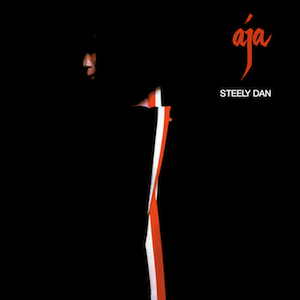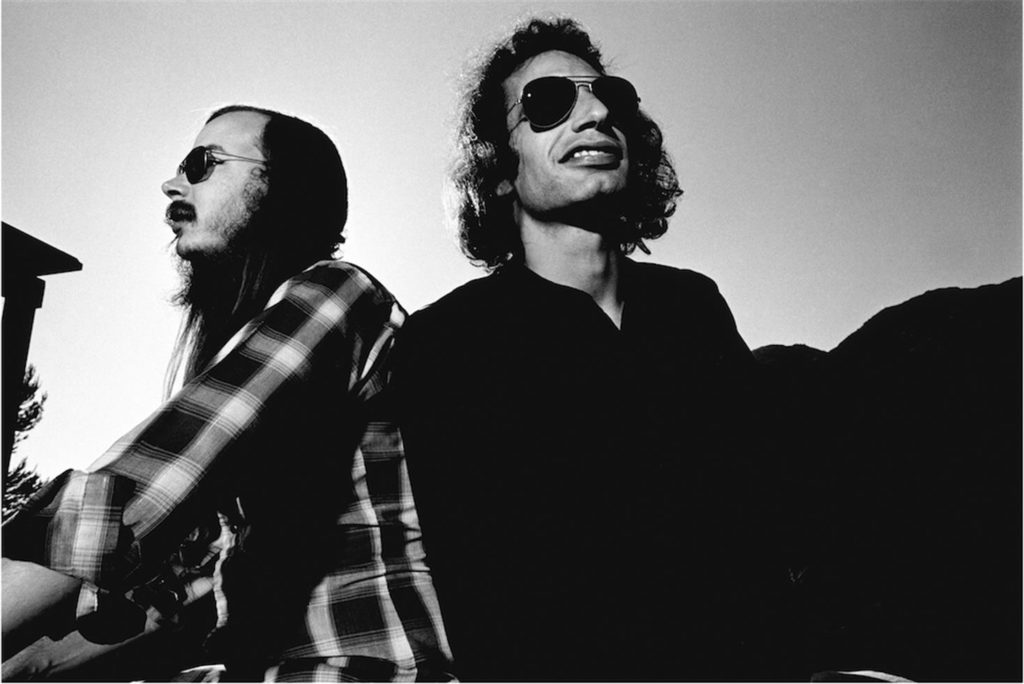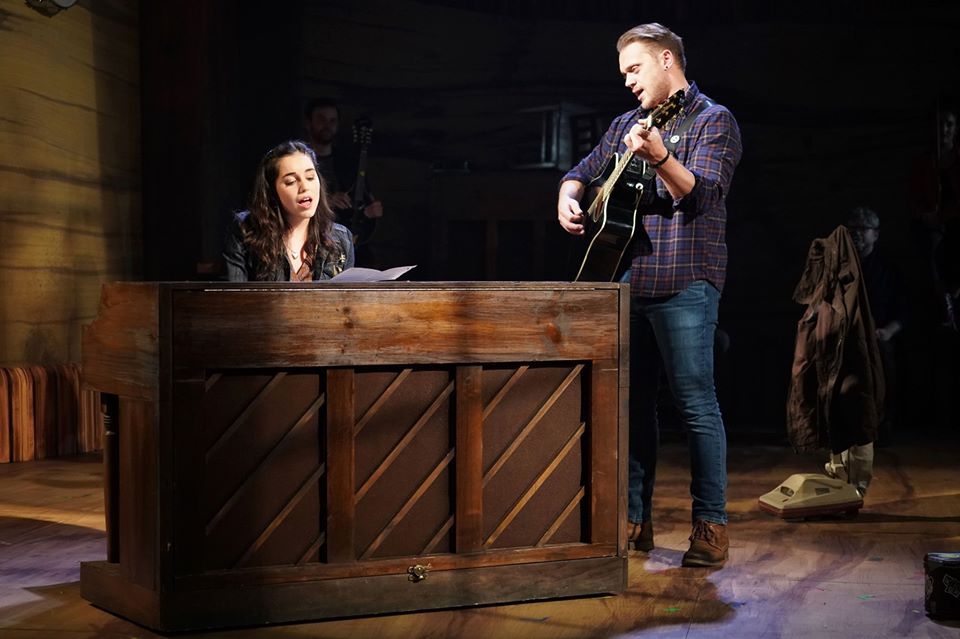* * *

When the AIDS epidemic laid waste to a generation of gay men, it simultaneously forced those who had been rejected by their families to come together as a community to cope with the devastation wrought by the disease. The story of how they did so, and the cascading effect that their heroic efforts would have on successive generations of gays in America, is the subject of “The Inheritance,” Matthew Lopez’s new two-part play, which was reviewed with wild enthusiasm when it ran in London’s West End in 2018. The critical consensus was that Mr. Lopez had written a stage epic worthy of comparison with Tony Kushner’s “Angels in America.” But while such comparisons were inevitable, “The Inheritance” fails to justify them. Ambitious though it is, “The Inheritance,” whose two installments run for well over six hours, is at once sentimental and static—far too much of it feels like a novel being read out loud from cover to cover—and the parts that work, poignant though they often are, fail to redeem those that don’t….
“The Inheritance” is fundamentally novelistic in method and scope, so much so that large parts of it are driven not by dialogue but by third-person narration that is passed from actor to actor: “Eric recognized within the first few minutes of their first date Toby’s potential for greatness.” “And also his capacity for destruction.” “Both possibilities attracted him.” As a result, far too much of the play is told, not shown, and I quickly grew impatient with Mr. Lopez’s unwillingness to let the audience watch what is happening instead of forcing them to hear about it over and over again.….
* * *
To read my review of The Inheritance, go here.The trailer for the West End production of The Inheritance:



